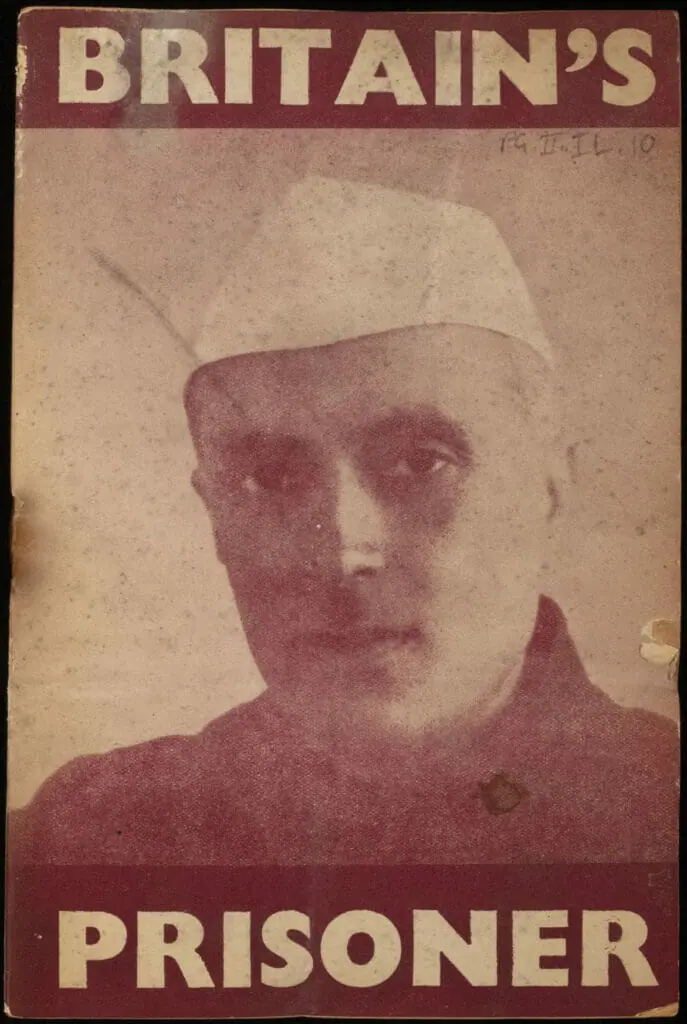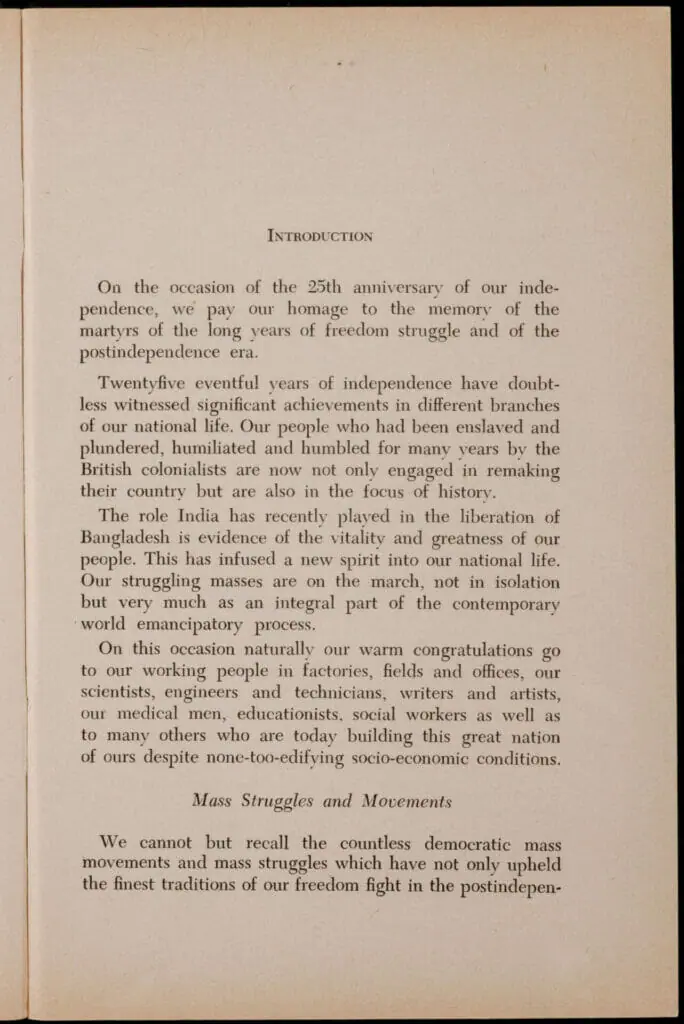

Let's Talk!
If you have questions about using Gale LibGuides or A-to-Z list import files, please feel free to reach out to Gale's Academic Outreach & Engagement team. We are happy to help you customize, copy, share and upload materials to your Institution's site.
 Mangalore in the state of Karnataka, as well as Kerala with its famous backwaters and cool green tea plantations in old hill stations is a beautiful place to visit. The British planted pine forests there and hid from the sun; in Mangalore old warehouses built along the river by the Portuguese for tile manufacture were visible from the high rise buildings around them. And everywhere – at busy roundabouts, by old government buildings and in front of smart new colleges – were statues and busts of solemn figures who
Mangalore in the state of Karnataka, as well as Kerala with its famous backwaters and cool green tea plantations in old hill stations is a beautiful place to visit. The British planted pine forests there and hid from the sun; in Mangalore old warehouses built along the river by the Portuguese for tile manufacture were visible from the high rise buildings around them. And everywhere – at busy roundabouts, by old government buildings and in front of smart new colleges – were statues and busts of solemn figures who  most could not identify. For the average person, the names Gandhi, Nehru and Modi are essentially the limit of knowledge of modern India.
most could not identify. For the average person, the names Gandhi, Nehru and Modi are essentially the limit of knowledge of modern India.
Most British students (and those elsewhere in the Western world) are lucky if they are taught about Gandhi and the British Raj at school. Cotton and tea; salt and peaceful protest; independence and partition. These are the tent pegs of Indian and South Asian history as it is taught.